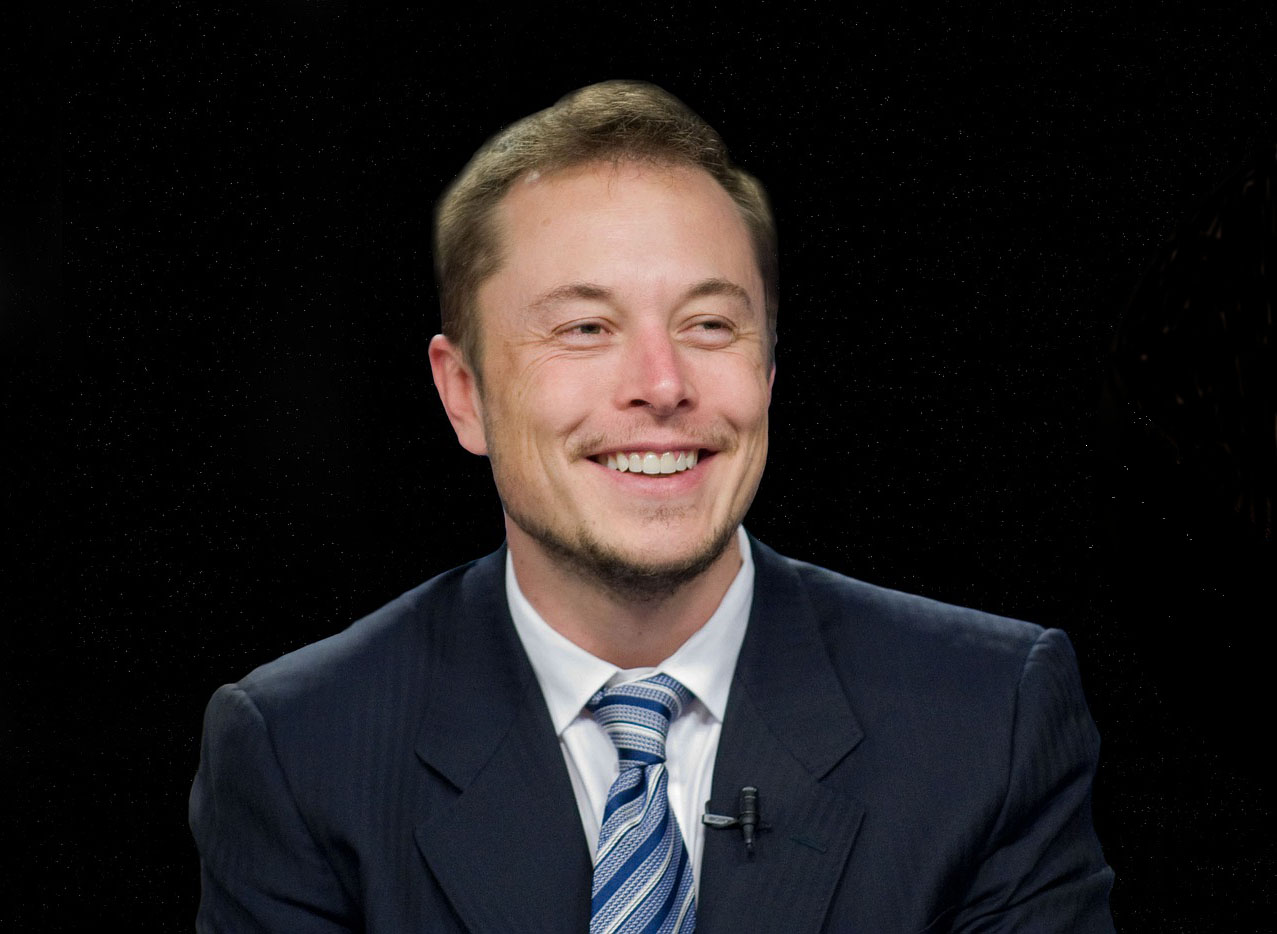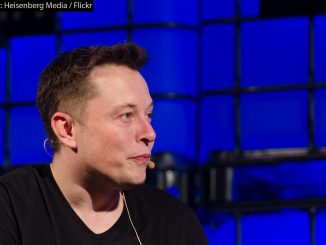
In a surprising turn of events, tech magnate Elon Musk has refuted claims of a potential revenue-sharing deal between his artificial intelligence (AI) venture, xAI, and the electric vehicle giant Tesla (TSLA). The denial comes in the wake of a Wall Street Journal report suggesting a symbiotic relationship between the two companies that could reshape the landscape of AI-driven automotive technology.
The Wall Street Journal’s report, which cited anonymous sources familiar with the matter, painted a picture of a groundbreaking partnership. According to the article, xAI was poised to license its cutting-edge AI models to Tesla, potentially supercharging the automaker’s driver-assistance software and full self-driving (FSD) technology. In return, the arrangement supposedly involved xAI receiving a share of Tesla’s future revenue, with discussions even touching upon an even split of FSD-generated income.
However, Musk was quick to dismiss these claims. Taking to his social media platform X, the billionaire entrepreneur stated:
“Tesla has learned a lot from discussions with engineers at xAI that have helped accelerate achieving unsupervised FSD, but there is no need to license anything from xAI. The xAI models are gigantic, containing, in compressed form, most of human knowledge, and couldn’t possibly run on the Tesla vehicle inference computer, nor would we want them to.”
He further emphasized that the report was “not accurate,” effectively dousing the flames of speculation that had been rapidly spreading across financial and tech circles.
The rumored deal had sparked intense interest, as it promised to address several key challenges and opportunities for both companies. For Tesla, it represented a potential leap forward in its autonomous driving capabilities, an area where the company has faced both acclaim and criticism. The integration of xAI’s advanced models could have significantly bolstered Tesla’s competitive edge in the increasingly crowded electric vehicle market.
For xAI, a startup launched by Musk in 2023 to rival industry leaders like OpenAI, such a partnership would have provided not only a steady revenue stream but also a real-world testing ground for its AI technologies. The automotive sector, with its complex challenges and high stakes, offers an ideal environment for AI development and refinement.
The report had also suggested that xAI’s involvement would extend beyond just autonomous driving features. There were hints of the AI company supporting the development of other Tesla innovations, including a sophisticated voice assistant for its vehicles and software to power the humanoid robot Optimus, another ambitious project in Musk’s portfolio.
Despite Musk’s denial of the specific revenue-sharing arrangement, he has previously acknowledged the potential for collaboration between xAI and Tesla. In fact, he has even alluded to possibilities of integrating Grok, xAI’s chatbot, with Tesla’s software ecosystem.
The intersection of AI and automotive technology remains a hot topic, with major players in both industries seeking ways to leverage AI to enhance vehicle performance, safety, and user experience. Tesla, under Musk’s leadership, has been at the forefront of this convergence, consistently pushing the boundaries of what’s possible in electric and autonomous vehicles.
As the dust settles on this latest controversy, industry observers and investors alike will be keenly watching for any signs of future collaboration between xAI and Tesla. While the specific revenue-sharing deal may not be on the table, the potential for synergy between Musk’s various ventures remains a tantalizing prospect.
In the rapidly evolving landscape of AI and automotive technology, one thing remains clear: the lines between different sectors are becoming increasingly blurred. As companies like Tesla continue to push the boundaries of what’s possible, the role of AI in shaping the future of transportation is only set to grow.
Whether through formal partnerships or informal knowledge sharing, the cross-pollination of ideas between AI startups and established automotive players is likely to accelerate, potentially leading to innovations that we can scarcely imagine today.
- Bulenox: Get 45% to 91% OFF ... Use Discount Code: UNO
- Risk Our Money Not Yours | Get 50% to 90% OFF ... Use Discount Code: MMBVBKSM
Disclaimer: This page contains affiliate links. If you choose to make a purchase after clicking a link, we may receive a commission at no additional cost to you. Thank you for your support!



Leave a Reply